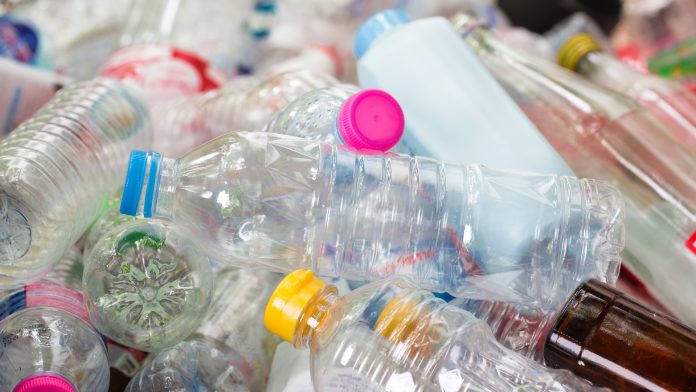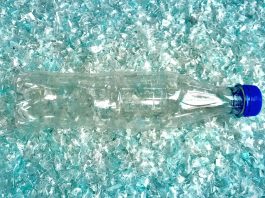Infrastructure development company, Peel L&P Environmental plan on building the UK’s first facility for converting plastic waste into hydrogen energy.
The waste-to-energy eco-plant is to be built near Ellesmere Port, Cheshire. Using pioneering distributed modular generation (DMG) technology, Peel L&P Environmental aims to convert plastic waste to hydrogen energy which can be used to power cars, buses, and HGVs.
DMG instruments shred plastic before heating them in a thermal conversion chamber. Once the plastic is melted, it is then heated again to convert the plastic into a synthetic case comprising of methane, hydrogen, and carbon monoxide. This process is not to be confused with burning, as oxygen is not used in the thermal conversion chamber. Operators then filter the gas in the DMG conversion chamber, leaving behind non-toxic waste that is typically 5% of the volume of the plastic prior to processing.
Researchers conducted a Front-End Engineering Design (FEED) study to assess the design and engineering aspects of the facility. With an estimated cost of £20m, the facility is due to transform the way in which Britain manages its plastic waste. Peel L&P Environmental will develop 11 facilities across the UK in the next few years and has the option of exclusive rights to the technology in the UK leading to over 70 facilities in total.
The growing issue of plastic waste in the UK
A survey conducted by the UK-based Everyday Plastic, shows that household plastic waste in the UK has increased by 29% under lockdown conditions, just 30% of which is considered recyclable by councils in the UK.
Daniel Webb, founder of Everyday Plastic, said: “These results are definitely frightening, but somewhat unsurprising. The COVID crisis has impacted every aspect of our lifestyle. During the first few weeks of lockdown, we saw grocery shortages, stockpiling, restricted shopping, and fewer packaging-free choices.”
In order to discourage the use of plastics, the UK Government has proposed the launch of a new plastic packaging tax in April 2022. The tax will apply to businesses that import or produce plastics in the UK that have less than 30% recycled materials, providing a clear economic incentive for businesses to use recycled materials.









